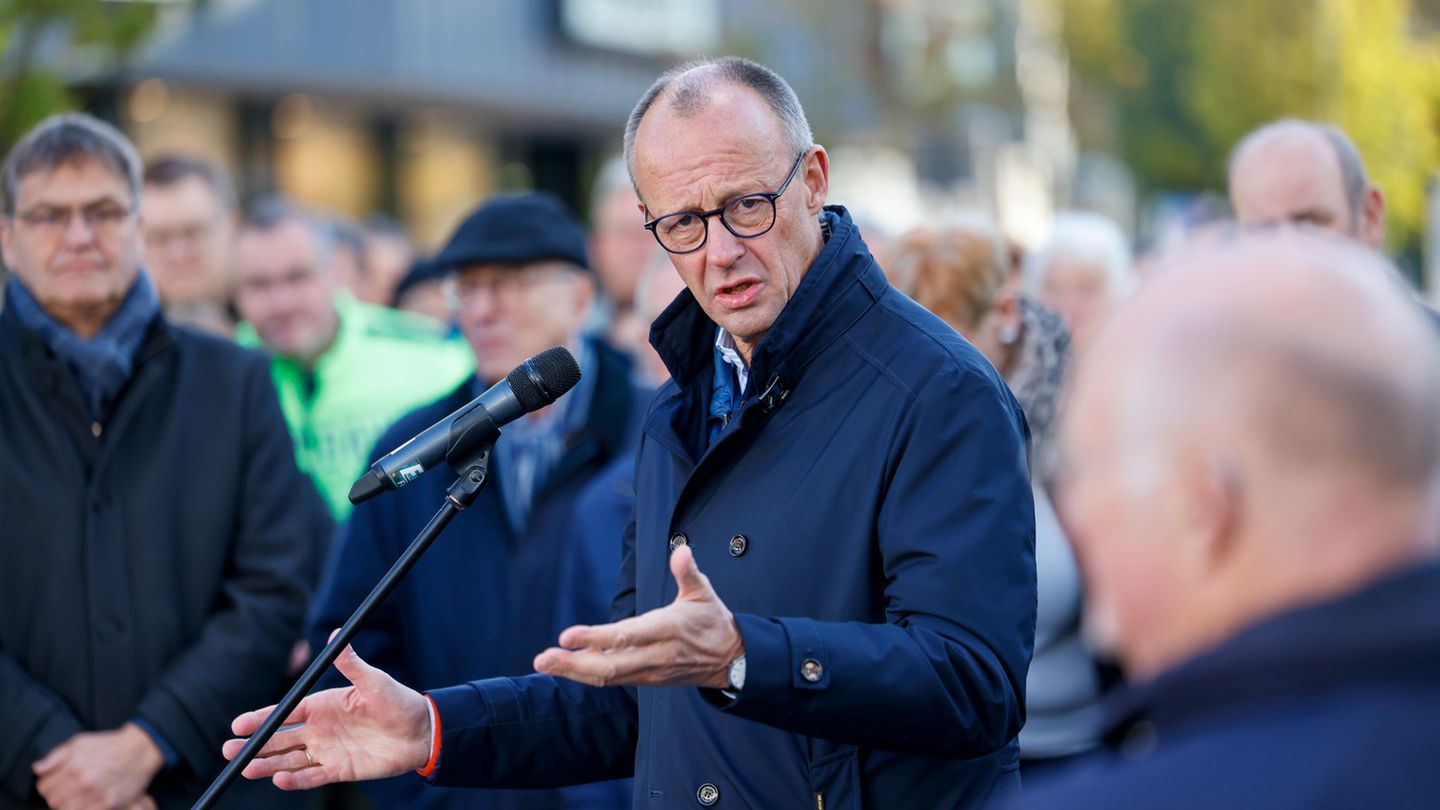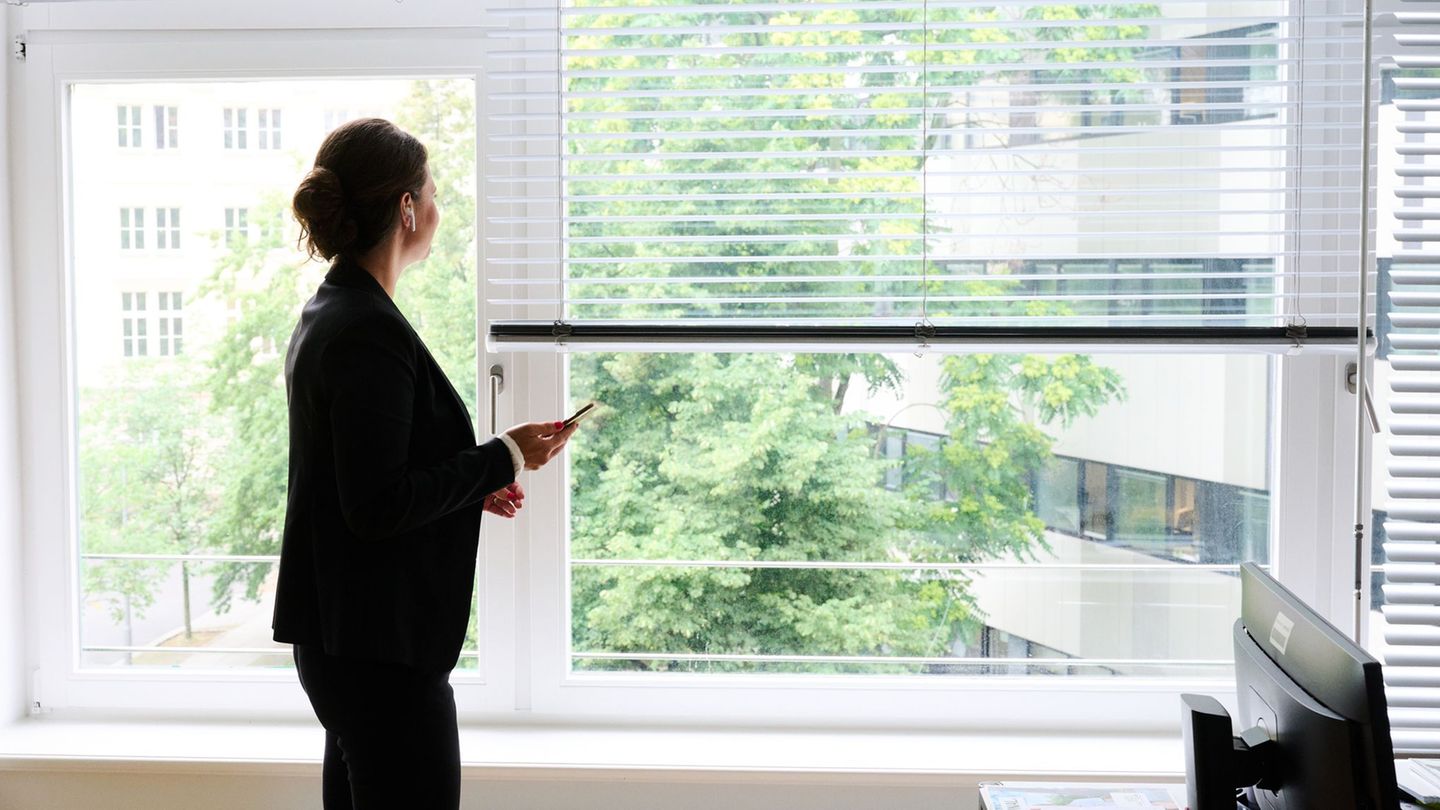A demolition or the creation of a memorial was out of the question for the members of a commission of experts on the house, as they emphasized in an interview with the journalists. In a survey recently, a majority had spoken out against a police station.
Based on a new initiative, which strives for a further discourse on the use of Hitler’s birthplace, the market institute surveyed 1,000 Austrians in March. 53 percent supported the creation of an institution that deals with the topics of National Socialism, commemoration, anti-fascism, tolerance and peace, 23 percent wanted it to be demolished and only six percent wanted the executive to move in.
“Dual Approach”
The survey did not ask about human rights use, said historian and commission member Oliver Rathkolb, for whom the question was formulated too succinctly. If you have an educational institution on the subject of National Socialism in the building, it’s “playing with the Hitler myth,” he said. Adolf Hitler would then be the focus, but National Socialism cannot be reduced to him, he points to the responsibility of society as a whole. A demolition, however, is a “no go”. Internationally, that would be interpreted as Austria’s refusal to deal with its own past. According to Mathias Vogl, head of Section III (law) in the Ministry of the Interior, a demolition is also not possible because of the expropriation law.
According to Rathkolb, it is about breaking the recognition value and attractiveness of the house as a tourist destination for neo-Nazis with a redesign. At the same time, a central democratic training center for the second republic is coming to the house where he was born, the historian spoke of a “double approach”. Above all, Upper Austrian police officers are to be trained there in the future on the subject of human rights, but the building will be open to the executive throughout Austria as a training center.
House has been empty since 2011
In a report completed in 2016, the expert commission for dealing with Hitler’s birthplace spoke out in favor of social-charitable or official-administrative use. Its members included the former Minister of Justice and Vice-Chancellor Clemens Jabloner and the former head of Section IV, Hermann Feiner, who also took part in the discussion. According to the Ministry of the Interior, one is fully entitled to and behind this broad scientific consensus on the planned further use of the building.
The house has been empty since the Lebenshilfe moved out in 2011. After it was not possible to come to an agreement with the long-standing owner, it was expropriated. The house has belonged to the Republic since 2016. The redesign of the house had been delayed due to the pandemic. Today, the total costs are estimated at 20 million euros. Peter Skorsch, who is responsible for the operational implementation of the project at the Ministry of the Interior, justified the fact that lower values were initially spoken of – initially five million euros – by the fact that no concrete construction project was initially specified and net costs were also mentioned. The war in Ukraine would also have led to an increase in construction costs.
The conversion should be completed in 2025, and the police station and district police headquarters should move in in 2026. The memorial stone with the inscription “For peace, freedom and democracy – never again fascism – warn millions of dead” remains unchanged in front of the house according to a decision by the city of Braunau and contrary to the recommendation of the group of experts.
Source: Nachrichten




